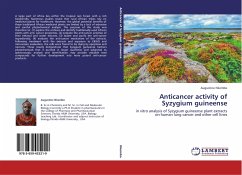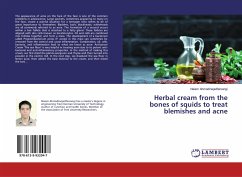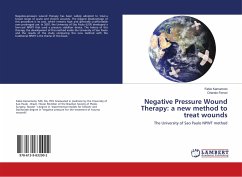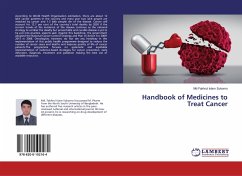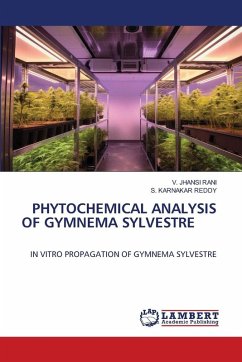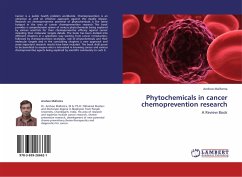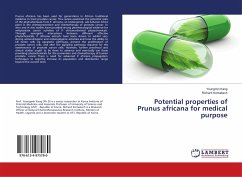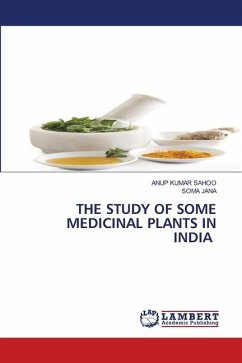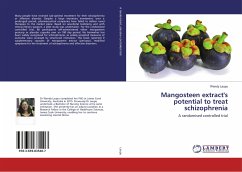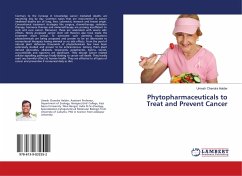
Phytopharmaceuticals to Treat and Prevent Cancer
Versandkostenfrei!
Versandfertig in 6-10 Tagen
33,99 €
inkl. MwSt.

PAYBACK Punkte
17 °P sammeln!
Contrary to the increase in knowledge cancer mediated deaths are mounting day by day. Common types that are instrumental in cancer mediated deaths are of lung, liver, colorectal, stomach and breast origin. Conventional treatment strategies like surgery, chemotherapy, radiation therapy, hormone therapy and immunotherapy are proving insufficient to curb and cure cancer. Moreover, these are associated with severe side effects. Newly proposed cancer stem cell theories also have made the treatment more critical. To overcome such alarming situations phytochemicals are being proposed and proven to be...
Contrary to the increase in knowledge cancer mediated deaths are mounting day by day. Common types that are instrumental in cancer mediated deaths are of lung, liver, colorectal, stomach and breast origin. Conventional treatment strategies like surgery, chemotherapy, radiation therapy, hormone therapy and immunotherapy are proving insufficient to curb and cure cancer. Moreover, these are associated with severe side effects. Newly proposed cancer stem cell theories also have made the treatment more critical. To overcome such alarming situations phytochemicals are being proposed and proven to be an alternative to conventional therapies having minimal or no side effects. From the pool of natural plant defensive thousands of phytochemicals few have been extensively studied and proven to be anticancerous. Among them plant derived glucosides, alkaloids, terpenoids, polyphenols, lignins, sterols, curcuminoids and saponins are significant. They disrupt cancer related cellular signalling pathways finally leading to cancer cell death. They hardly exert any harmful effect to human health. They are effective to all types of cancer and preventive if consumed daily as diet.



